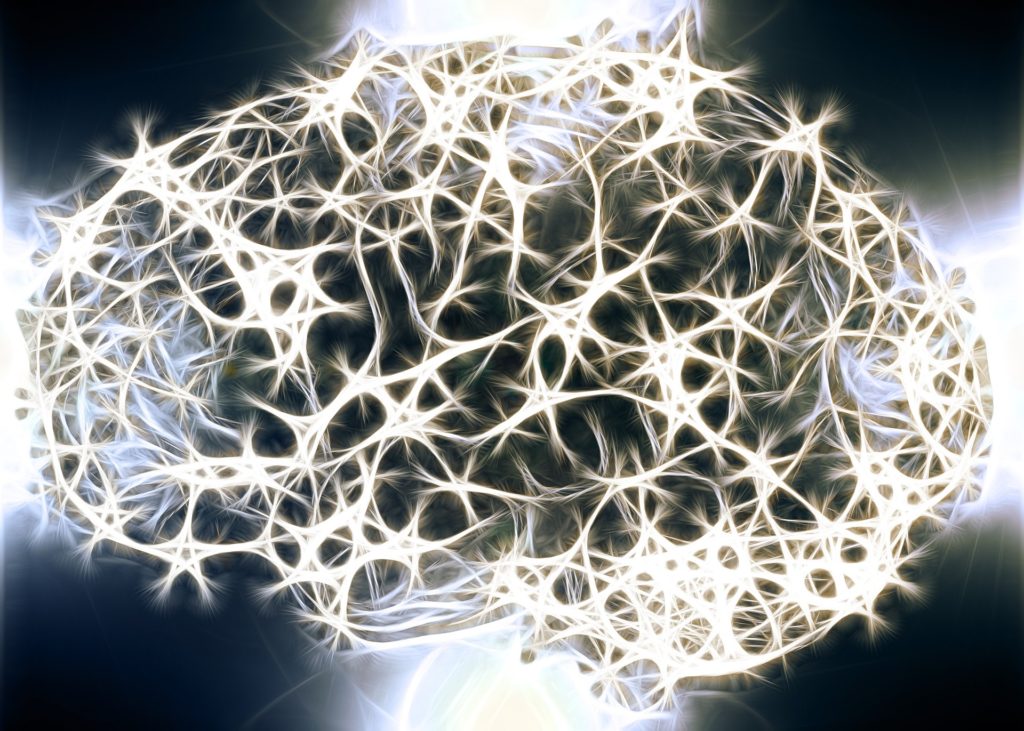- Calls to this hotline are currently being directed to Within Health or Eating Disorder Solutions
- Representatives are standing by 24/7 to help answer your questions
- All calls are confidential and HIPAA compliant
- There is no obligation or cost to call
- Eating Disorder Hope does not receive any commissions or fees dependent upon which provider you select
- Additional treatment providers are located on our directory or samhsa.gov
The Illusion of the Mind: Maladaptive Schemas

Contributor: Staff at McCallum Place
Eating disorders can be common among adolescents and emerging adults, especially females. They carry with them a lot of psychological risks that can lead to trauma, depression, and medical complications that can be life-threatening.
In trying to achieve perfection, individuals who are struggling with their body image tend to hyper-criticize their weight, shape, and eating habits, which often leads to eating disorder pathology. Restrictive eating and excessive dieting, as well as obsessive thoughts and rituals about diet rules and food, can develop as a result of these dysfunctional thoughts.
Disinhibited Eating
The focus of the research regarding maladaptive cognitions related to achievement and performance has been on binge-eating disorder and bulimia nervosa. It was found that the two disorders appear to share certain characteristics that serve to maintain eating disorder pathology, namely an overvaluation of weight, shape, and eating.
These disorders additionally find their similarity in symptoms driven by disinhibited eating behaviors, specifically the “binge” episode, and in the case of bulimia nervosa, alternate cycles of restricted eating or participating in purging behaviors in the hope of controlling one’s weight. This can be done using laxatives, diuretics, exercising for too long, or vomiting.
Disordered Thinking
Eating disorders can be caused by complex interactions of behavioral, psychological, social, and genetic factors, although on an individual cognitive level, three specific strains of dysfunctional thoughts that correlate with disordered eating have emerged from the research:
- Negative thoughts about body and self-esteem
- Thoughts about restriction of food and weight loss
- Thoughts about eating and loss of control [1]
Early Maladaptive Schemas (EMS)
A schema is a pattern of thought or core belief that develops from childhood experiences and influences the way you view the world as an adult. In the event that childhood needs like empathy, guidance, protection, and acceptance remain unmet, dysfunctional core beliefs can develop.
Thus, early maladaptive schemas are self-deprecating relational patterns learned in childhood and repeated in adulthood. At first, these schemas develop as a protective measure to counter for your needs not being met as a child, and they operate as a coping mechanism of sorts.
Carried into adulthood, however, maladaptive schemas can adversely affect life development and keep someone trapped in patterns that are ultimately reinforcing their negative schema and leaving them ill-equipped to handle conflictual or emotionally charged situations [2].
Maladaptive Schemas and Domains of Belief
Through research on the correlation of individuals with eating disorders and early maladaptive schemas, the Young Schema Questionnaire was utilized, with a total of 18 maladaptive schemas identified and organized into five specific domains [3].
Disconnection and Rejection
The core beliefs that fall into this domain include abandonment, mistrust often due to abuse, emotional deprivation, and shame over being ‘defective,’ as well as social alienation and rejection. The dysfunctional interpretation based on this set of beliefs is that others cannot be trusted and that those who are supposed to support you will do so in an unreliable manner.
This schema is also perpetuated in the belief that it is hopeless to seek emotional stability for themselves or from others, and that one’s perceived defects deem them ‘unlovable.’ Those with bulimia nervosa tend to purge due to beliefs that they are undesirable in their true form, and, as a result, they become very insecure about their appearance and use this as an excuse to self-isolate [1]. The attachment needs for these individuals are to feel accepted and nurtured and to participate in corrective relationships where they can feel cared for and protected.
Impaired Autonomy and Performance
The early maladaptive schemas represented in this domain are dependence, enmeshment with others, and a failure to achieve. These core beliefs are characterized by one’s inability to meet expectations set for themselves and becoming over-involved with others to the point where they become fully dependent on them to cope [1].
For those with eating disorders, they have often failed to regulate their own basic need for food and use their illness to maintain the support of others. These individuals would benefit from opportunities to prove their own competency, as well as instances where they can differentiate themselves from others and form their own identity.
Impaired Limits
This domain is related to a general lack of future goals or internal limits. Operating under this schema makes it difficult for people to cooperate with others, make commitments, or even respect others. Being subject to a permissive parenting style and overindulgence tends to define individuals utilizing these schemas into their adulthood, as is believing in one’s own grandiosity [1]. The enforcement of reasonable limits and a display of self-control will go a long way to provide a corrective experience for these individuals.
Other-Directedness
The main focus of this domain is on the needs and reactions of others at the expense of one’s own self. With these beliefs fueling their decisions, people make personal sacrifices in order to gain love and approval.

Subjugation, self-sacrifice, and approval-seeking are the primary schemas in this domain, although it is only through free expression of their needs and emotions that they might experience true relief [1].
Exaggerated Vigilance and Inhibition
The common theme in this final domain involves suppressing emotions and focusing on a desire to adhere to rules and expectations. Families who are demanding, do not show emotion, and aspire to achieve highly can encourage children to develop such maladaptive core beliefs, which are known to be common characteristics in families of eating disorder patients. Highlighted in this domain are pessimism, hyper-criticalness, and punitiveness.
Emotional inhibition and unrelenting standards are also known to be common in binge-eating disorder, with the belief that certain high standards need to be met in order to avoid judgment [1]. Reincorporating spontaneity and play into the lives of those who have adopted these beliefs can be an extremely healing process for those individuals.
It is beneficial to understand these domains in relation to disordered eating behavior not only to gain insight into the thoughts that precede symptomatic engagement but also to recognize the unmet childhood needs that require expression. Understanding the root of one’s maladaptive beliefs can strip the eating disorder of its control over that area of a person’s life and help them to regain their power once lost in childhood.
Sources:
[1] Legenbauer, T., Radix, A. K., Augustat, N., & Schütt-Strömel, S. (2018). Power of Cognition: How Dysfunctional Cognitions and Schemas Influence Eating Behavior in Daily Life Among Individuals with Eating Disorders. Frontiers in Psychology,9. doi:10.3389/fpsyg.2018.02138[2] Simpson, S. G., Morrow, E., Vreeswijk, M. V., & Reid, C. (2010). Group Schema Therapy for Eating Disorders: A Pilot Study. Frontiers in Psychology,1. doi:10.3389/fpsyg.2010.00182
[3] Oei, T. P., & Baranoff, J. (2007). Young Schema Questionnaire: Review of psychometric and measurement issues*. Australian Journal of Psychology,59(2), 78-86. doi:10.1080/00049530601148397
About The Sponsor
McCallum Place is an eating disorder treatment center with locations in St. Louis, Missouri, and Kansas City, Kansas.
The opinions and views of our guest contributors are shared to provide a broad perspective of eating disorders. These are not necessarily the views of Eating Disorder Hope but an effort to offer a discussion of various issues by different concerned individuals.
We at Eating Disorder Hope understand that eating disorders result from a combination of environmental and genetic factors. If you or a loved one are suffering from an eating disorder, please know that there is hope for you, and seek immediate professional help.
Published on April 11, 2019.
Reviewed & Approved on April 12, 2024, by Baxter Ekern, MBA
Published on EatingDisorderHope.com
